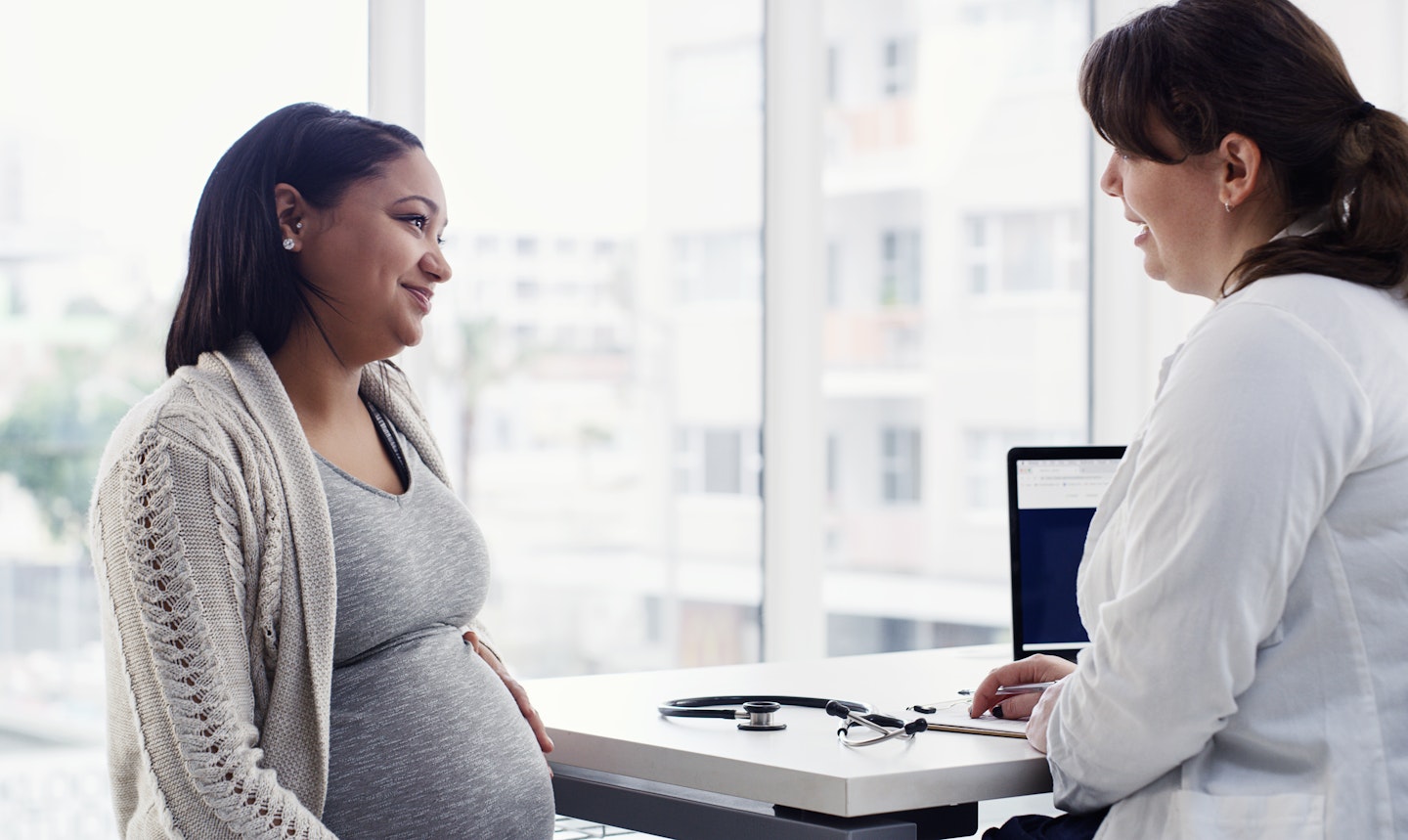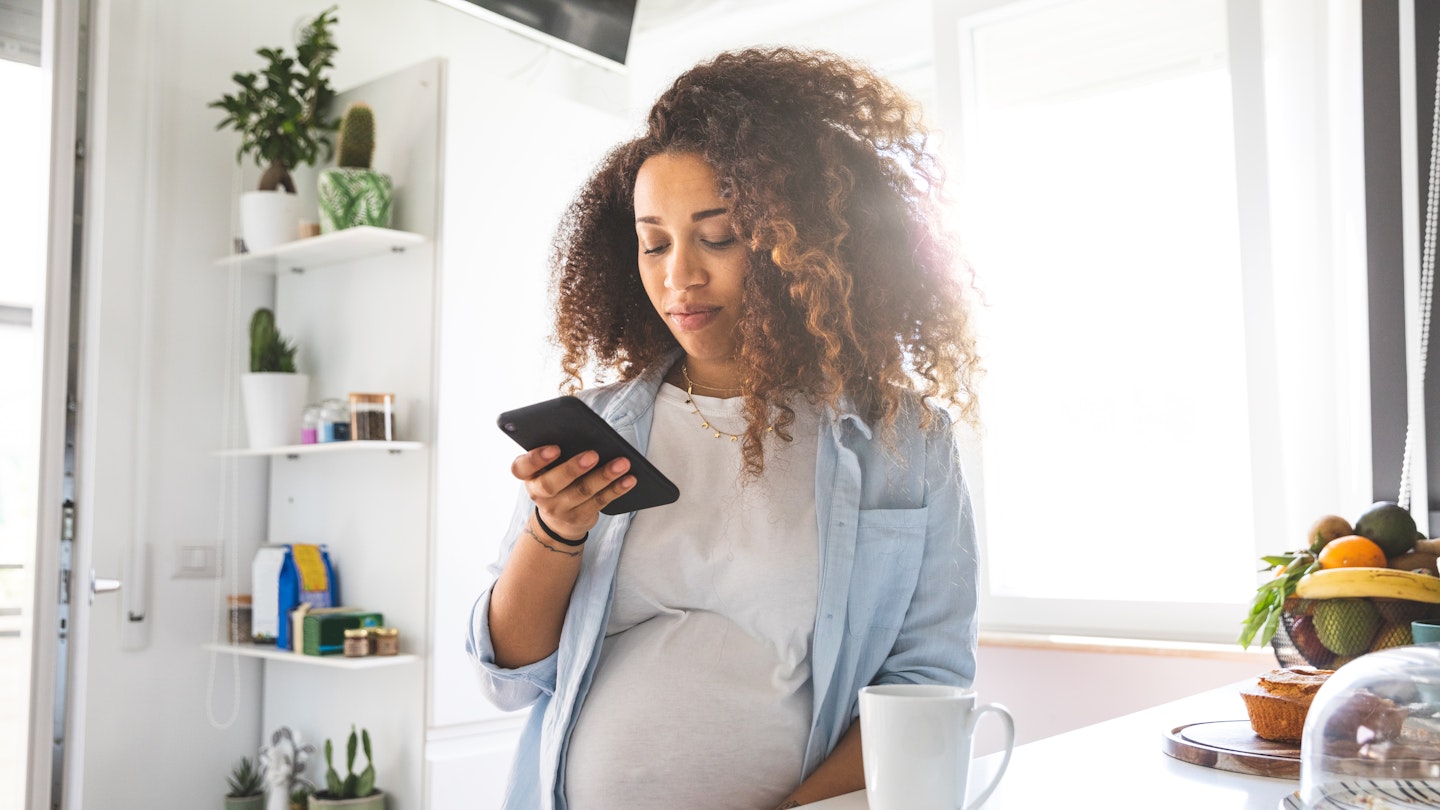New data from NHS England now shows that nearly 20 per cent of the most critically ill Covid patients are pregnant women who have not been vaccinated.
Figures show that between July 1 and September 30, 17 per cent of patients receiving treatment through a lung-bypass machine were expectant mothers.
If you're pregnant, or think you might be, you are able to have the COVID-19 vaccine.
In response to new data, the National Childbirth Trust have said that it "is a damning indictment of the lack of attention given to this vulnerable group as restrictions have eased."
"The risks of Covid during pregnancy make it as important as ever that women have access to reliable information and support so that they can make an informed decision about the vaccine. We’ve been extremely disappointed to hear of so much misinformation and confusion about the vaccination programme and so little focus on what’s needed to keep vulnerable groups safe."
In provisional guidance put out by the Public Health England when the coronavirus vaccine was first rolled out, it was stated that while there were no known risks or safety concerns, pregnant women or women planning to get pregnant in the next three months were advised against having the jab. However, the NHS has now advised that it is safe for pregnant women to have the vaccine.
So what has changed since then?
According to Abbas Kanani, superintendent pharmacist for Chemist Click,"The current guidelines state that all pregnant women should be offered the covid vaccine, based on their age and high risk category. Due to the fast progression of COVID-19, there hasn’t been much time to be able to conduct studies looking into the safety and tolerability of the vaccine, however, a study has recently been launched to confirm this.
"Like the flu vaccine, the covid-19 vaccine is theoretically safe, and the benefits of having the vaccine are thought to outweigh the risks. The NHS recommends that pregnant women take the Pfizer/BioNTech or Moderna vaccines, as they have been more widely used during pregnancy."
Why were pregnant women told not to get the vaccine?
When coronavirus first took over our lives, many pregnant women feared the virus when they were placed in the vulnerable category of at-risk people. But actually, according to the NHS website, that was just a precaution because so little was known about the virus.
‘There's no evidence that pregnant women are more likely to get seriously ill from coronavirus,’ it reads. ‘But pregnant women were included in the list of people at moderate risk (clinically vulnerable) as a precaution. This is because pregnant women can sometimes be more at risk from viruses like flu. It's not clear if this happens with coronavirus. But because it's a new virus, it was safer to include pregnant women in the moderate-risk group.’
But many were confused why they’re not a high priority in getting vaccinated given pregnant women are classed as clinically vulnerable. Well, according to Public Health England, it’s because pregnant women weren’t included in clinical trials and so there wasn't enough evidence about how it impacts them.

Recently, searches for the infamous thalidomide have gone through the roof - as they tend to whenever a new vaccine or treatment is offered to pregnant women. In case you forgot, thalidomide was a drug developed in the 1950's in West Germany. It was used across Europe to treat morning sickness in pregnant women but went on to cause birth defects and the deaths of around 2000 children. It was removed from the European market in 1961. Horror stories have been told ever since.
But of course, it's important to remember that not only was thalidomide not a vaccination at all, it has been more than 70 years since this tragedy occurred with countless medical and scientific advancements made in that time. Rules and regulations around clinical trails and testing have also improved substantially since then, as expected.
If you're wanting to have the vaccine or you're having any doubts about getting vaccinated, you should discuss the benefits and risks of having the vaccine with your healthcare professional and reach a joint decision based on your individual circumstances.
You should not stop breastfeeding in order to be vaccinated against COVID-19 and women trying to become pregnant do not need to avoid pregnancy after vaccination and there is no evidence to suggest that COVID-19 vaccines will affect fertility.
‘There is no known risk associated with giving inactivated, recombinant viral or bacterial vaccines or toxoids during pregnancy or whilst breastfeeding,’ Public Health England states. ‘Since inactivated vaccines cannot replicate, they cannot cause infection in either the mother or the foetus. Although [the Covid-19] vaccine contains a live adenovirus vector, this virus is not replicating so will not cause infection in the mother or the foetus.’
